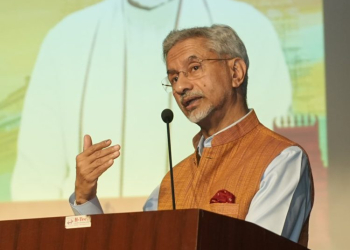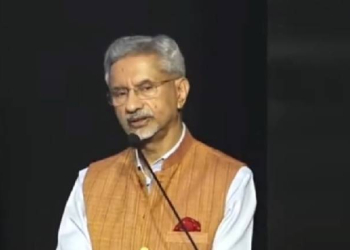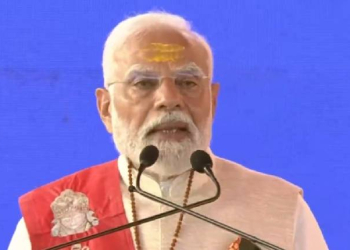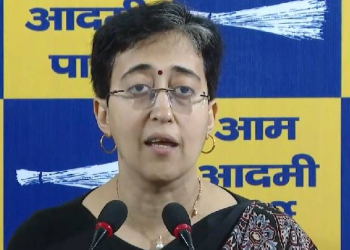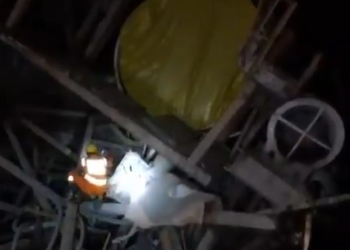New Delhi: Union Earth Sciences Minister Dr Jitendra Singh on Sunday said that the huge Himalayan geo-resources are yet to be fully explored and can contribute to the development of the Himalayan region as well as the country.
Speaking after inaugurating the Research Scholars’ and Transit Hostel at the Wadia Institute of Himalayan Geology (WIHG), he highlighted that the Himalayan geo-resources are huge, and can contribute to the socio-economic development of the region in many ways.
He emphasised that the main Himalayan resources are its glaciers and snowfields which feed billions of people through irrigation and drinking water, industry, and hydropower generation, as well as tourism and religious pilgrimage.
He noted that the WIHG has mapped 40 geothermal springs each in Uttarakhand and Himachal Pradesh Himalayas, and has been trying to generate five MW of electricity at initial stage by a binary power plant at Tapovan.
“If successful, this will be expanded to all geothermal fields for space heating and conversion into electrical energy without any carbon footprint,” he said.
The Minister pointed out that the spring-water rejuvenation and river-water regeneration can contribute to the human settlement and agro-economy of the country and exploitation of available and abundant mineral resources in a scientific manner is another domain of socio-economic development.
“We can think of innovation for converting hazardous residues into usable products also,” Singh said.
The Minister maintained that the geosciences can play a pivotal role in the growth of several key sectors in the country such as energy and water security, industrial expansion, management and mitigation of geo-hazards, climate change impact on ecology and biodiversity and conservation of environment.
(IANS)



